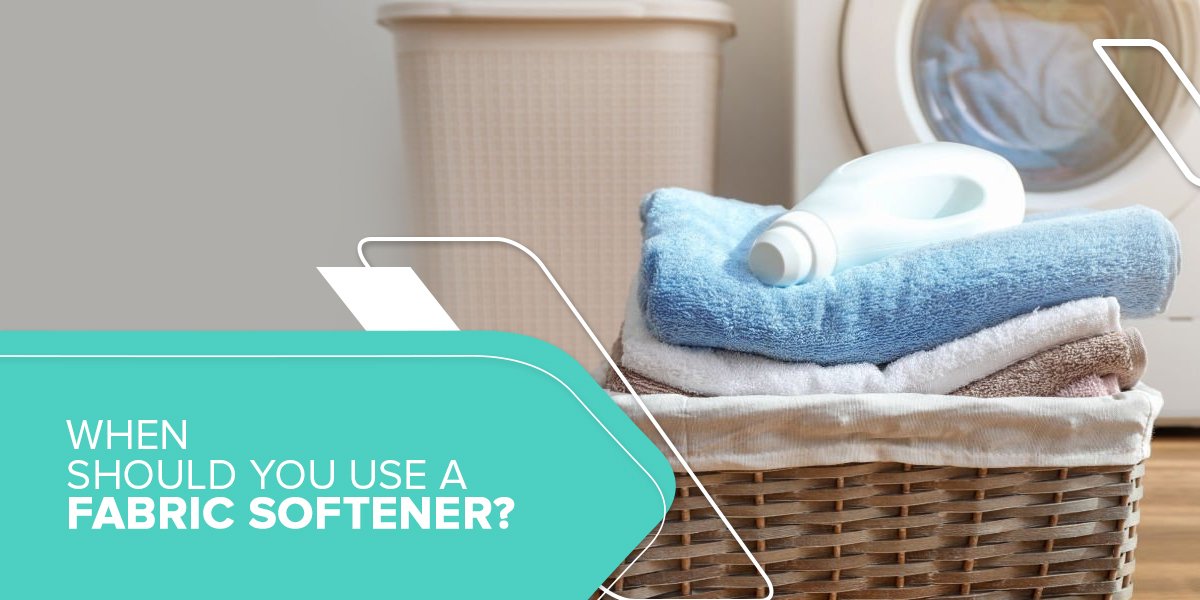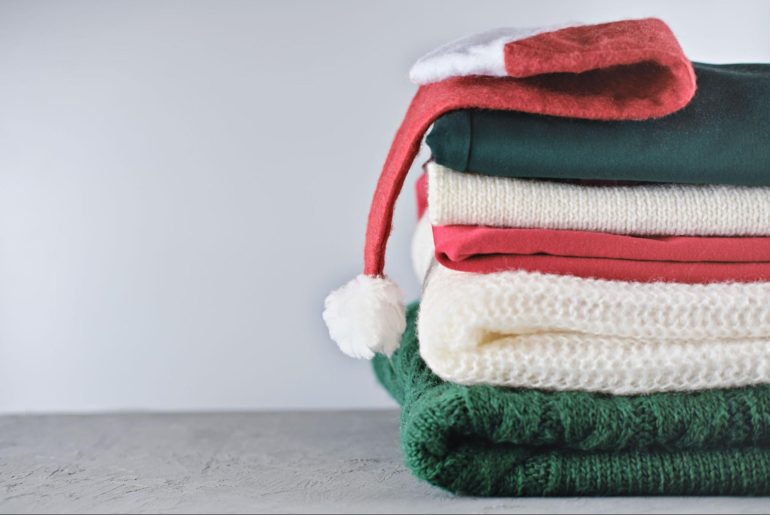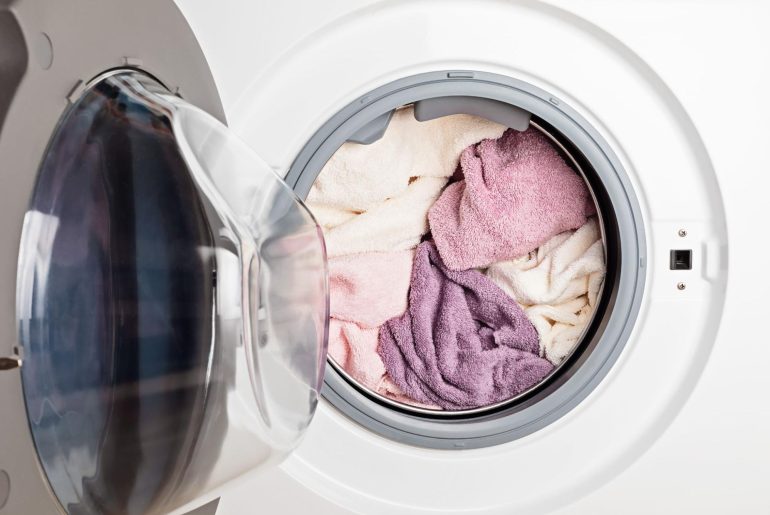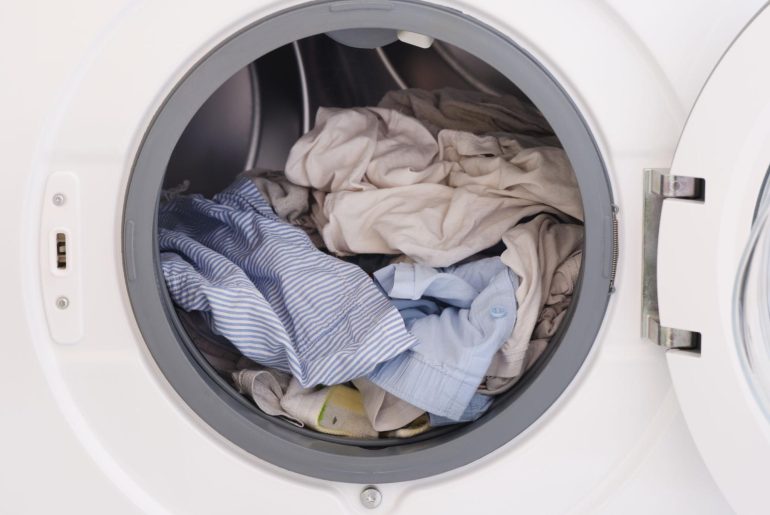The chances are that you are using a fabric softener as a matter of habit without really knowing what it does, how it works, or when you should even use it. Fabric softener, as the name suggests, softens the fabric, thus giving a cozy feel to the linens and clothes along with a pleasant aroma.
It also helps one avoid wrinkles as well as static directly out of the wash. So, you won’t have to worry about getting the clothes ironed. With all these benefits, you would surely experience stimulation to try fabric softener if you haven’t used it yet. But, the timings of using it matter a lot. So, whether you are a habitual user of fabric softener or a rookie, you must know when to use it for the best results.
And here’s an elaborate guide to help you there! Read on!
When Should You Add Fabric Softener?

A common belief that goes around is that fabric softener is to be added to the washing cycle simultaneously with the detergent. And that is anything but correct. You need to include your fabric softener during the rinse cycle. That is because if you add softener during a wash cycle, it will eliminate the chemical residue that renders the clothing softer, hence, making it ineffective. 
Remember, you do not need fabric softener in every wash you do. This product does not add to the cleaning and washing of your clothes, so you don’t need to fret about reeking odors or stain removal if you skip it. Fabric softener is not created to be an essential part of the washing process. However, it is an extra element that adds something extra to your wash, such as fragrance (if you have a scented softener), soft and cozy clothes, and frees the clothing of wrinkles.
Fabric Softener Should Be Utilized In The Following Scenarios:
-
Bed Linen:

Who doesn’t crave clean-smelling, soft, and crisp sheets on the bed? And that’s why you should make it a habit to use fabric softener when cleaning your bed linen. So, the next time you slide into your bed, the fragrance of the coziness of the sheets will render it harder for you to come out of there.
-
Hard Water Areas:

-
If you live in a hard water locale, you might have noticed that the attires coming out of the machine feel a bit rough. That’s due to the high mineral content in hard water that clings to fibers in the clothing, thus making them stiffer than clothes washed in soft water. Here, adding a softener while washing clothes can help eliminate some of those obstinate and harsh chemicals, thus, giving you softer clothing.
-
Sensitive Skin:

-
If you have got sensitive skin, you must be cautious when buying fabric softeners, as some of them are perfumed and can, thus, bring about further irritation and rashes. So, make sure you buy a skin-friendly fabric softener, as it can help eliminate irritation triggered by rough clothing against your sensitive skin.
-
Keep The Fabric New-Looking:

-
What can be more annoying than seeing your new shirt turning into a rag as it comes out of the washing machine? Using a fabric softener helps smoothen the fibers in the clothing, thus, minimizing friction caused during wash cycles and hence, reducing wear and tear. Just adding a tad amount of fabric softener can save that favorite shirt, favorite pants, or your favorite evening dress and make them look newer for longer.
-
Clothes That Likely Show Up Bobbles:

-
Bobbles and lint are other elements that destroy the aesthetics of clothing. They occur due to friction that causes the fibers of your clothing to rub against each other. That results in small, loose balls on the fabric of clothing. Fabric softener pitches in here as well. It strengthens the fibers of the clothing by preventing the friction between the fibers and, thus, bobbling from happening. So, now, you no longer need to toss away that favorite dress of yours, fearing bobbles. Roam free!
When To Avoid Using Fabric Softener?

Besides knowing when to use a fabric softener, you must also know when to avoid using it. For instance, if you are washing any stuff that absorbs sweat or water, water-repellent fabrics, or flame-retardant attires, you should not use fabric softener. Furthermore, softener should also be avoided on clothes containing elastane. It destroys the wicking features of spandex material and also damages its potential to stretch and reshape itself. Also, avoid the product on microfiber towels, and even with regular towels, do not use it in every wash.
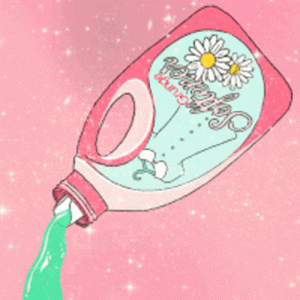
In essence,
So, you see how a quality fabric softener can be a worthwhile addition to anyone’s laundry routine. However, one must use it sensibly and only when it is required.
So, you see how a quality fabric softener can be a worthwhile addition to anyone’s laundry routine. However, one must use it sensibly and only when it is required.
